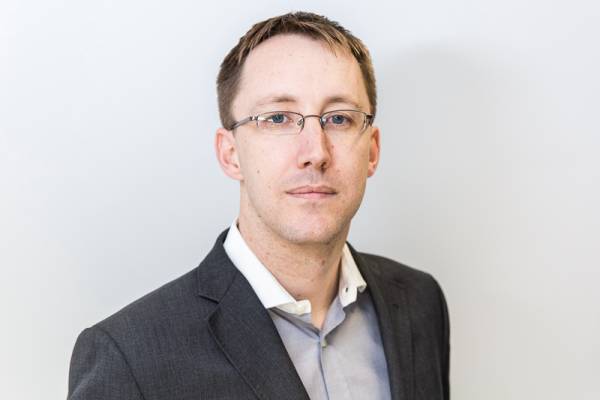Dr Bradley Elliott


I am Reader in Ageing Physiology and an active research scientist into the biology of ageing, specialising in how and why humans lose muscle mass with age and what can be done to prevent this. My research is translational, I use both in vitro and in vivo human models to better understand human ageing physiology.
I completed a Bachelor of Science (Honours) in the Department of Sport and Exercise Sciences at the University of Auckland, New Zealand before a Master of Science (Experimental Medicine) at Université Laval, Canada. My doctorate was done here at the University of Westminster where I worked on human and applied physiology, examining myostatin regulation and muscle loss mechanisms during hypoxia and high altitude, as relevant to mountaineering and disease such as COPD.
I teach human physiology, scientific communication, and research methodologies across undergraduate and postgraduate programmes, as well as maintaining an active research programme into muscle atrophy, frailty and ageing.
My research group currently consists of post-doctoral fellow Dr Yvoni Kyriakidou, doctoral candidates Isabella Cooper, Jacqueline Leon Ribas, and Noemi Cherestes, and is supported by research associates Kurtis Edwards and Lucy Petagine. I also co-supervise doctoral candidate Aleksandar Dishkelov. I have both supervised doctoral researchers to completion and externally examined doctoral researchers in the UK and internationally.
I am a trustee of the British Society for Research on Ageing, and a society representative with the Physiological Society and the Society for Endocrinology. I am also a Fellow of the Higher Education Academy.
I have built an impactful media profile, writing for print and online media, providing regular commentary on current news stories, and appearing either in front of camera or behind the scenes for documentaries for the BBC, ITV, Channel 4 and Channel 5.
I specialise in understanding ageing via translational physiology, connecting in vitro, in silco and in vivo research with human research models. By examining both ‘normal’ ageing processes and outlier populations who experience unusually successful or unsuccessful ageing, my work stress-tests and builds on current theories on ageing as well as seeking novel biomarkers and processes of ageing. By understanding the basic science behind how muscle is lost during ageing I aim to uncover the mechanisms underlying atrophy of muscle and ultimately prevent them.
My research is supported by a mix of traditional grant income, industrial sector partners and private philanthropic donations. Get in touch if you're interested in working with my group or would like to support our research.
The University maintains an open access repository of my research which can be found here.